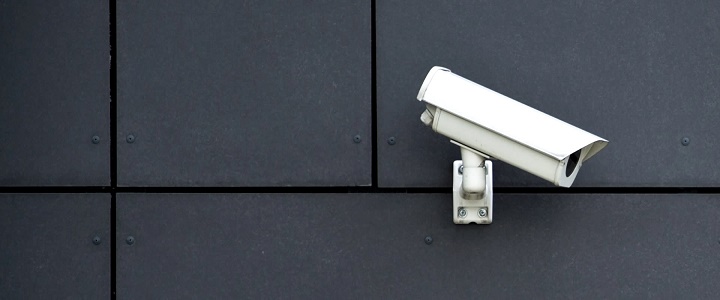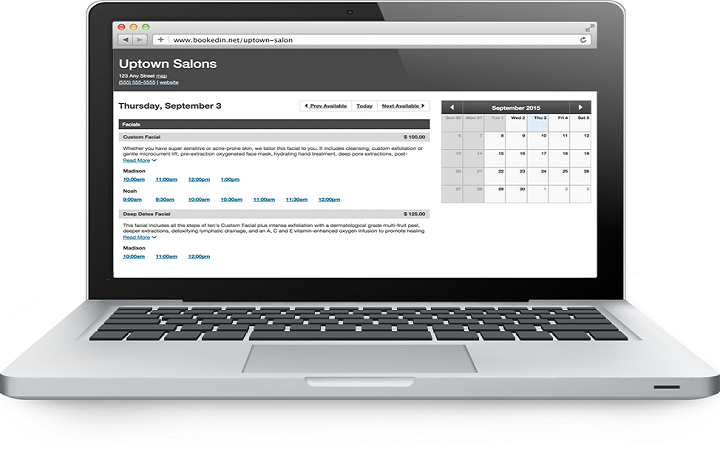
Video security cameras are today’s ideal tool to prevent crime, vandalism, and undesired behavior on an individual basis.
However, when it comes to taking legal action based on the evidence captured via the camera, there are a few things to be considered. For example, the evidence will not pass unless the camera is installed and complies with the legal restrictions set in place. Therefore, it is vital that individuals follow the strict rules enforced by UK law.
Furthermore, if your security camera is used in ways other than for which it was designed, then once again, the law may be against you. The Data Protection Act 1998 is the primary law that regulates Closed Circuit Television (CCTV). However, this law only applies to businesses and organizations, and does not apply to CCTV locates on domestic property. If you are a business or organization seeking further information, proceed here for more detail.
BBC News published the code of conduct for security cameras under the Protection of Freedoms Act 2012 restated below. Follow these guidelines to ensure that your use of camera is fully covered by the law.
- always be for a specified purpose which is in pursuit of a legitimate aim and necessary to meet an identified pressing need
- take into account its effect on individuals and their privacy
- have as much transparency as possible, including a published contact point for access to information and complaints
- have clear responsibility and accountability for all surveillance activities including images and information collected, held and used
- have clear rules, policies and procedures in place and these must be communicated to all who need to comply with them
- have no more images and information stored than that which is strictly required
- restrict access to retained images and information with clear rules on who can gain access
- consider any approved operational, technical and competency standards relevant to a system and its purpose and work to meet and maintain those standards
- be subject to appropriate security measures to safeguard against unauthorised access and use
- have effective review and audit mechanisms to ensure legal requirements, policies and standards are complied with
- be used in the most effective way to support public safety and law enforcement with the aim of processing images and information of evidential value, when used in pursuit of a legitimate aim
- be accurate and kept up to date when any information is used to support a surveillance camera system which compares against a reference database for matching purposes.
While the law is not yet carved in stone for homeowners’ use of security cameras on private property, law enforcers caution individuals to operate their security cameras within the law, (listed above), which means to ensure that their use and camera position is justified, the information collected is in moderation, and not stored for longer than reasonably required amongst other requirements. Individuals and private homeowners can obtain answers to their specific questions, here.










![Watch Video Now on xiaohongshu.com [以色列Elevatione perfectio X美容仪 perfectio X 全新仪器黑科技了解下]](https://www.techburgeon.com/wp-content/uploads/2019/07/perfectiox-singapore-150x150.jpg)
